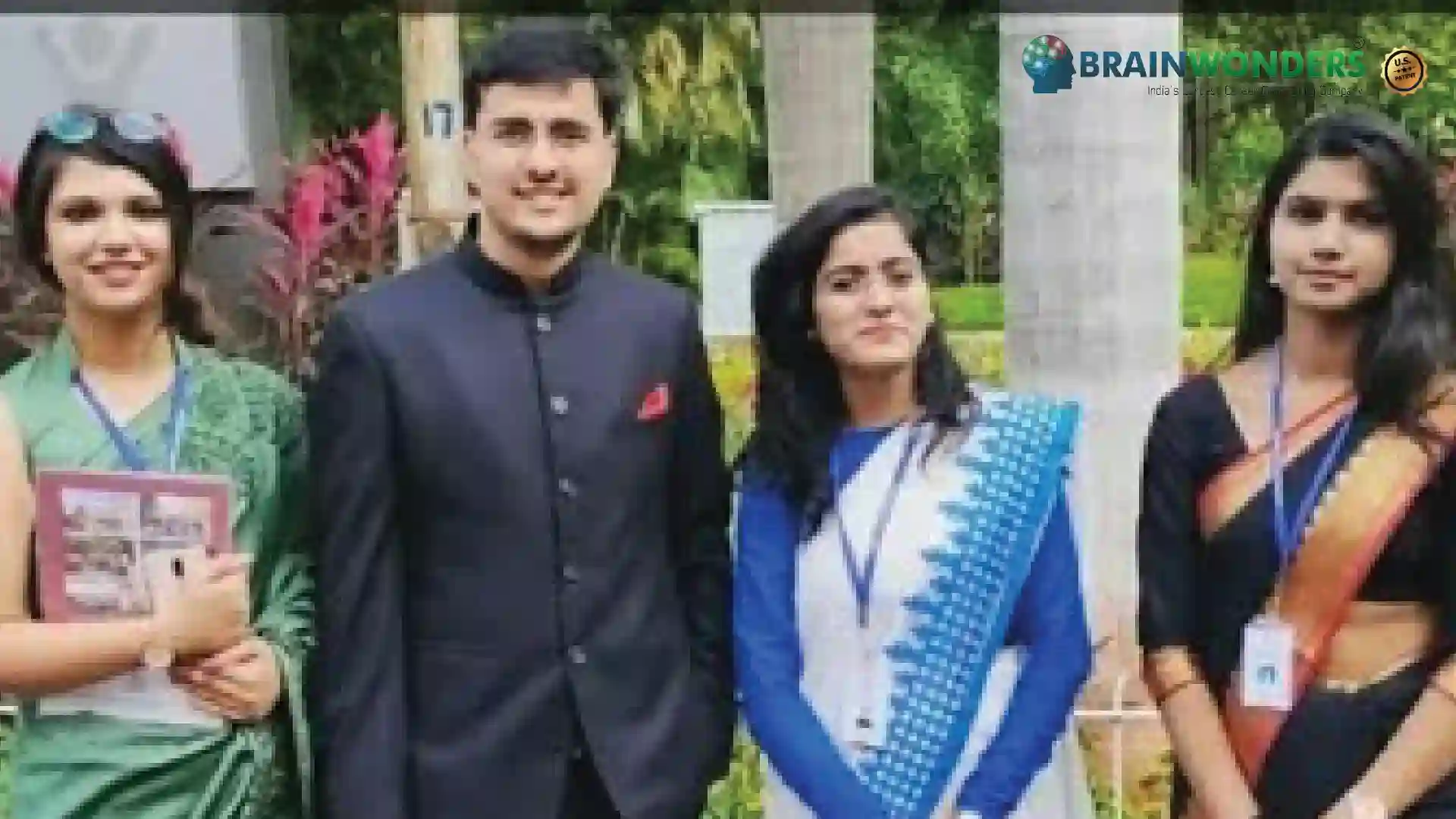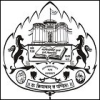How to become an Indian Statistical Services Officer
Overview, Courses, Exam, Colleges, Pathways, Salary

Overview
Who is Indian Statistical Services Officer ?
ISS Officers are responsible for data management and administration of statistical reports in a multi-disciplinary domain. There are vacancies for ISS officers under various ministries and organisations in different parts of the country. The placements are directly under the central government and is a 'Group A' Central Civil Service post. The candidate requires high efficiency in statistical methods and applications to meet the job profile requirements. The posts are recruited through UPSC examinations. The minimum eligibility criteria is a bachelor's degree in statistics or having done mathematical statistics or applied statistics as one of the subjects. They are involved in the formulation, implementation, evaluation and monitoring of various schemes.
Typical day at work
What does Indian Statistical Services Officer do?
- Indian statistical service officers are responsible for the statistical administration of the national and international organisations under the government of India. It involves formulation, implementation, monitoring and evaluation of various policies and programmes.
- To compile various statistical data and maintain records of the organisation they are in charge of.
- To produce data outputs using statistical tools and softwares and keep records within various intervals of time.
- To assist the organisation in designing strategies to conduct surveys, administration, quality assurance, and data cleaning.
- To draw meaningful inferences by monitoring and evaluating the national data regarding policy developments and providing scientific backup for the forecasting.
- To develop new strategies and tools for data evaluation
- To be involved with the compilations and finding indicators of Gross Domestic Product (GDP), National Income, Inflation based on Consumer Price Index (CPIs), Annual Survey of Industry (ASI), Economic, Agricultural and Livestock Census, NSS Reports, Policy formulation for Members of Parliament etc.
Abilities and Aptitude needed
What are the skills, abilities & aptitude needed to become Indian Statistical Services Officer?
The Indian statistical officers, as stated before, are responsible for the administration of the statistical part of an organisation. They are entitled to lead a group. Thus, ISS officers must have the personality traits and ability to influence and lead a group with authority. They should also have decision-making skills to identify the issues and provide creative and scientific solutions. They must have good management skills and knowledge about strategy formulation, implementation etc. The ability to work under pressure, emotional quotient, high interpersonal skills, and time management are desirable.
Salary
Salary for Indian Statistical Services Officer?
The salary for an Indian Statistical Services Officer (Junior Time Scale) ranges from approximately Rs. 56,100 to Rs. 1,77,500 per month, with various allowances and benefits. Please verify with the official sources for the latest information.
Pathways
How to become an Indian Statistical Services Officer?
Entrance Exam
Entrance Exam for Indian Statistical Services Officer ?
To become an Indian Statistical Services (ISS) Officer, candidates must qualify for the Indian Economic Service (IES)/Indian Statistical Service (ISS) examination conducted by the Union Public Service Commission (UPSC). The examination is usually held once a year.
The entrance exam consists of two stages:
- Part I: Written Examination This stage includes two papers: a) General English (Objective Type) - 100 marks b) General Studies (Objective Type) - 100 marks
- Part II: Written Examination This stage comprises six papers related to various statistics and economics subjects, each with 200 marks.
Candidates who qualify for the written exam are called for an interview or personality test with 200 marks.
The candidates' final selection is based on their performance in both the written examination and the interview. Successful candidates are appointed Indian Statistical Services Officers in various government departments and organizations.
Courses
Which course I can pursue?
Best Colleges
Which are the best colleges to attend to become an Indian Statistical Services Officer?
Industries
Which Industries are open for Indian Statistical Services Officer?
Indian Statistical Services Officers have diverse opportunities in various industries and sectors, including government departments, research institutions, financial institutions, data analytics companies, economic consulting firms, and academia. They can work in roles involving statistical analysis, data interpretation, policy formulation, research, and decision-making, contributing to various sectors like economics, finance, healthcare, education, social sciences, and more.
internship
Are there internships available for Indian Statistical Services Officer?
As an Indian Statistical Services Officer, you may find internship opportunities in various organizations and institutions. Some potential places to consider for internships include government ministries, statistical departments, research organizations, economic think tanks, financial institutions, data analytics companies, and international organizations.
Internships can provide valuable hands-on experience, allowing ISS officers to apply their statistical expertise in real-world scenarios. These internships can include data analysis, policy research, economic forecasting, social research, healthcare analytics, and more. Academic institutions and universities may also offer internships or research fellowships for ISS officers interested in pursuing further academic research.
Career outlook
What does the future look like for Indian Statistical Services Officer?
The career outlook for Indian Statistical Services (ISS) Officers is promising and offers diverse opportunities. ISS Officers are crucial in data analysis, research, and policy formulation across various sectors, including government, research institutions, financial organizations, and academia.
As data-driven decision-making becomes more critical in different domains, the demand for skilled statisticians and data analysts, including ISS Officers, is expected to increase. They contribute to economic planning, social research, public policy, healthcare analytics, education, and more.
ISS Officers can also pursue higher studies and research in statistics, economics, or related fields, opening up possibilities in academia and advanced research.






